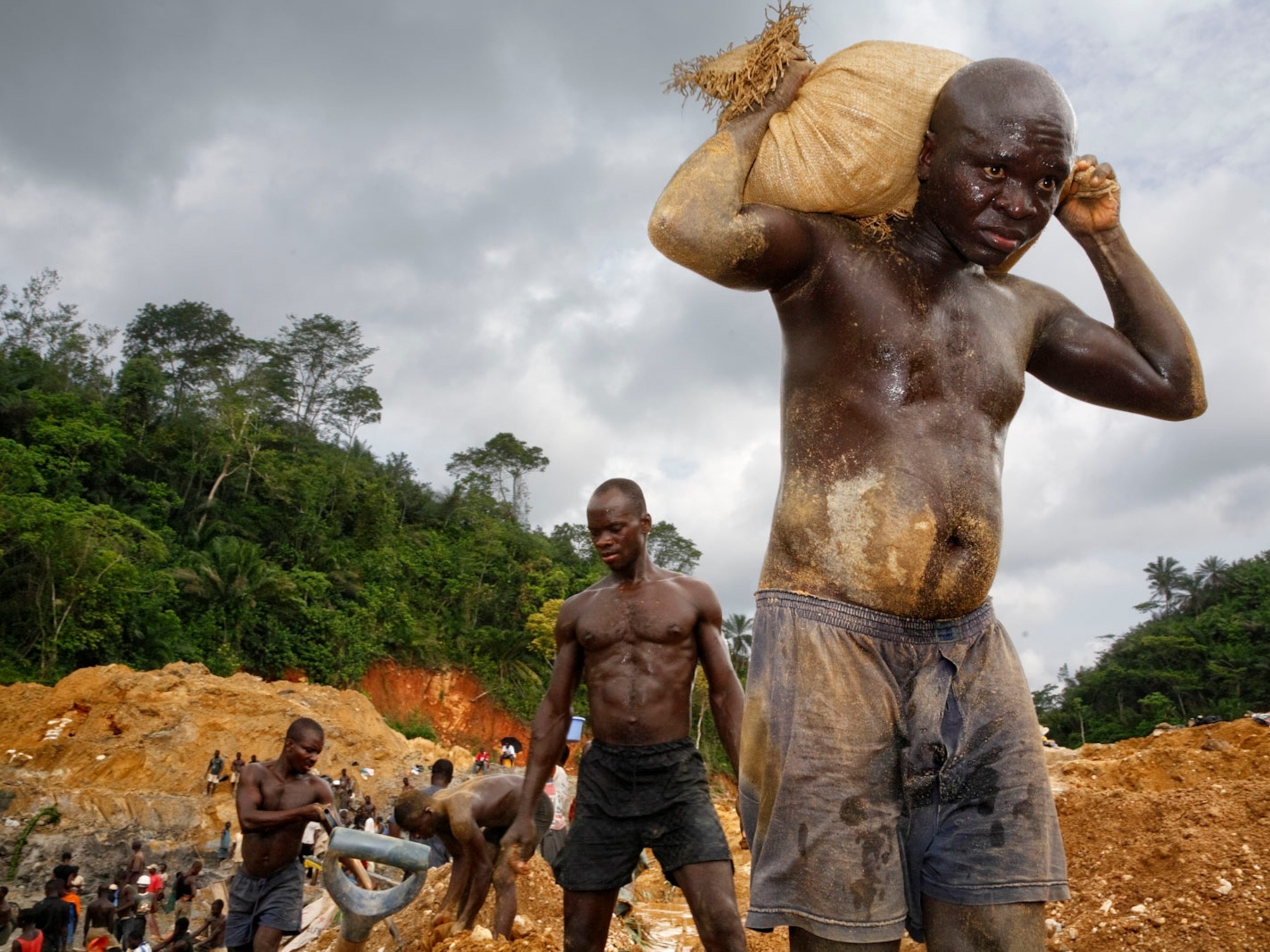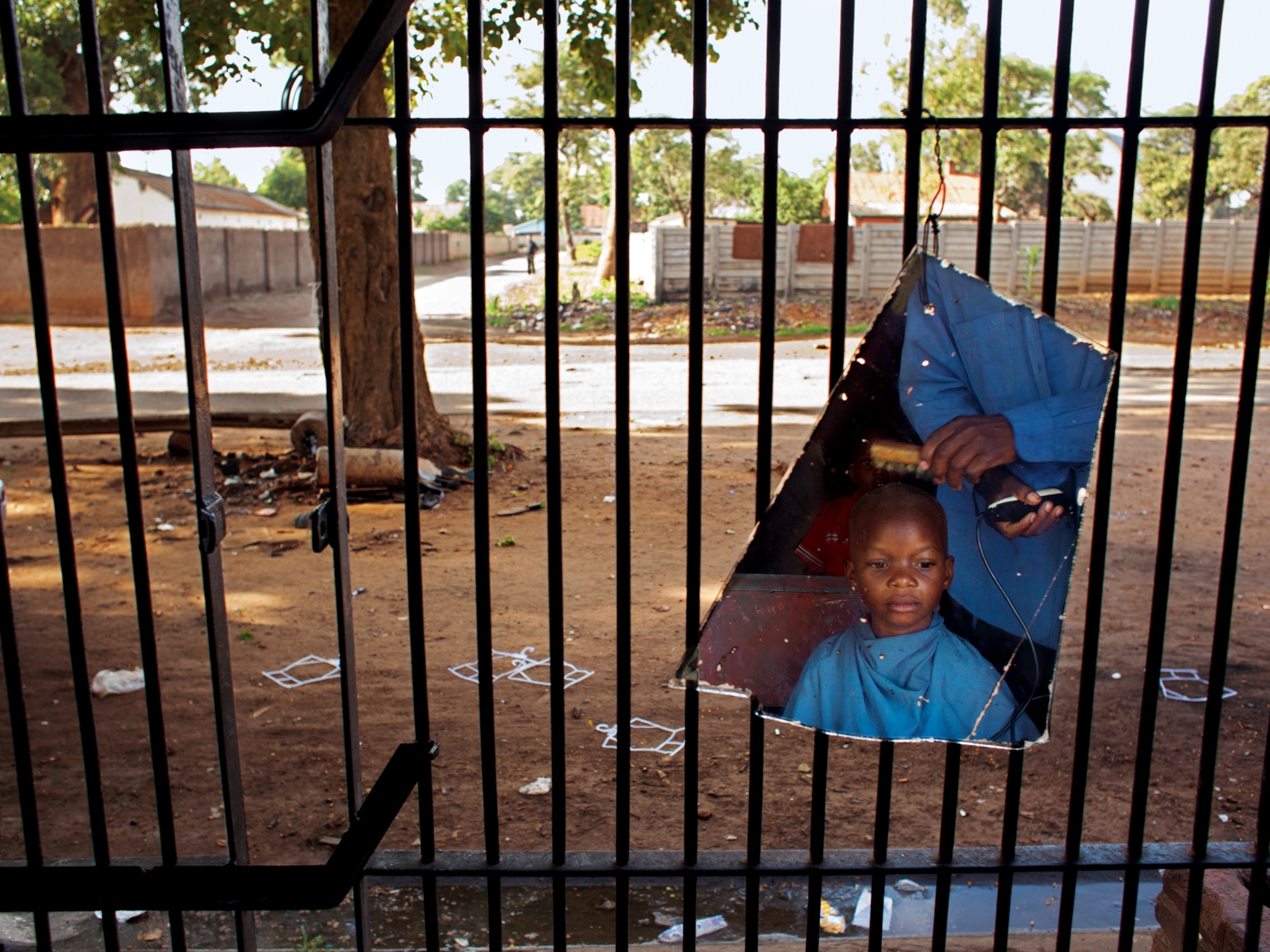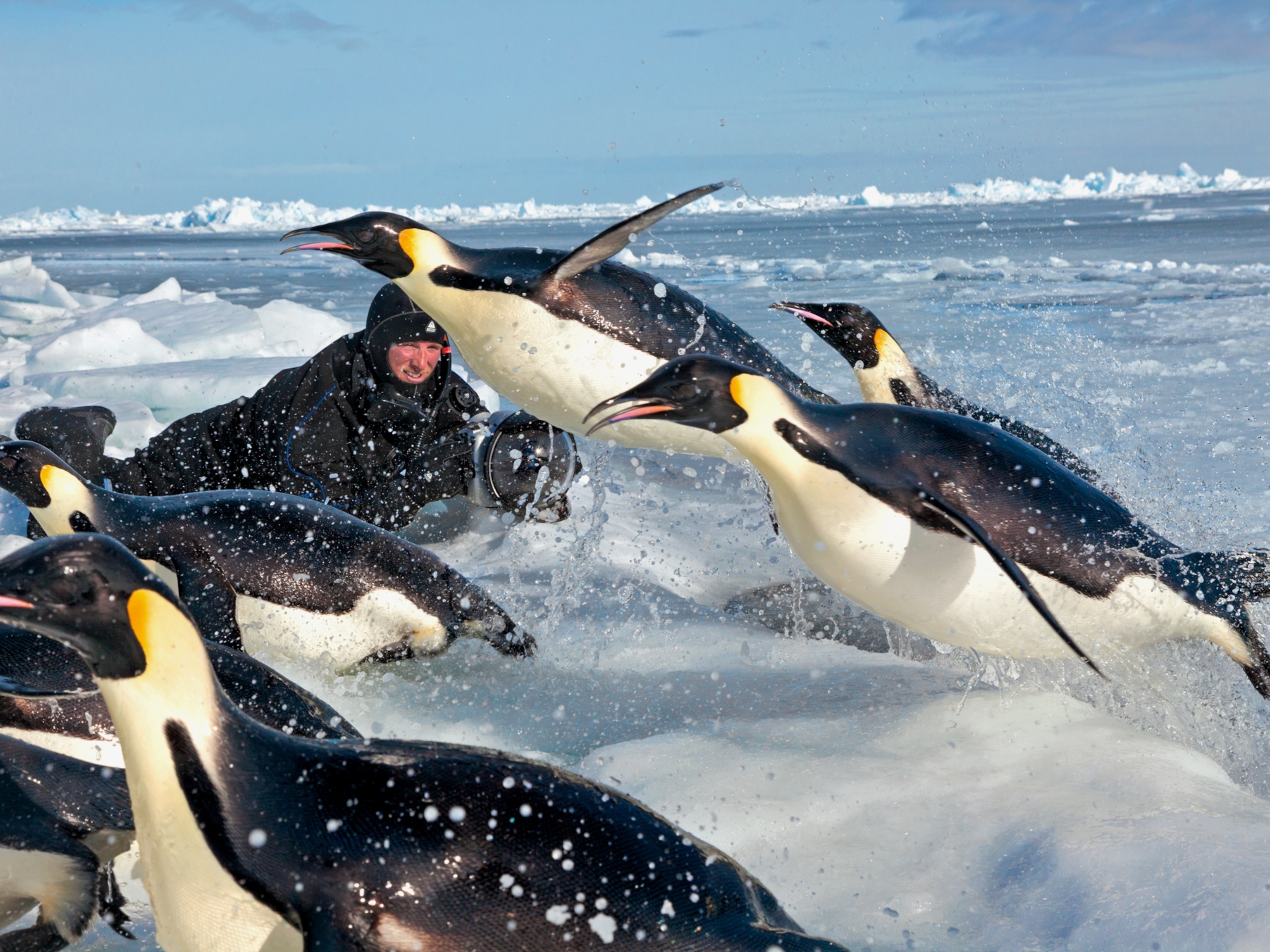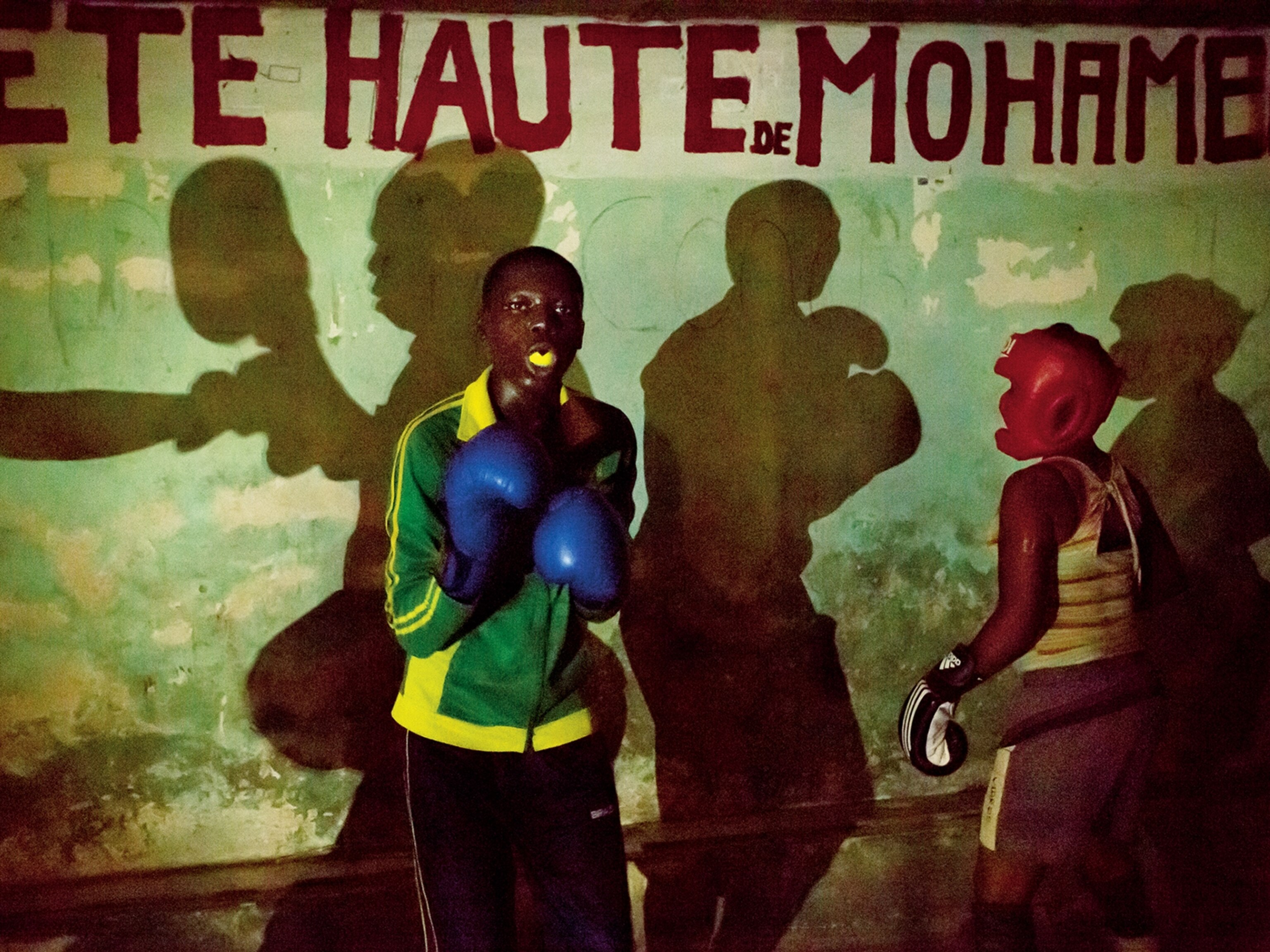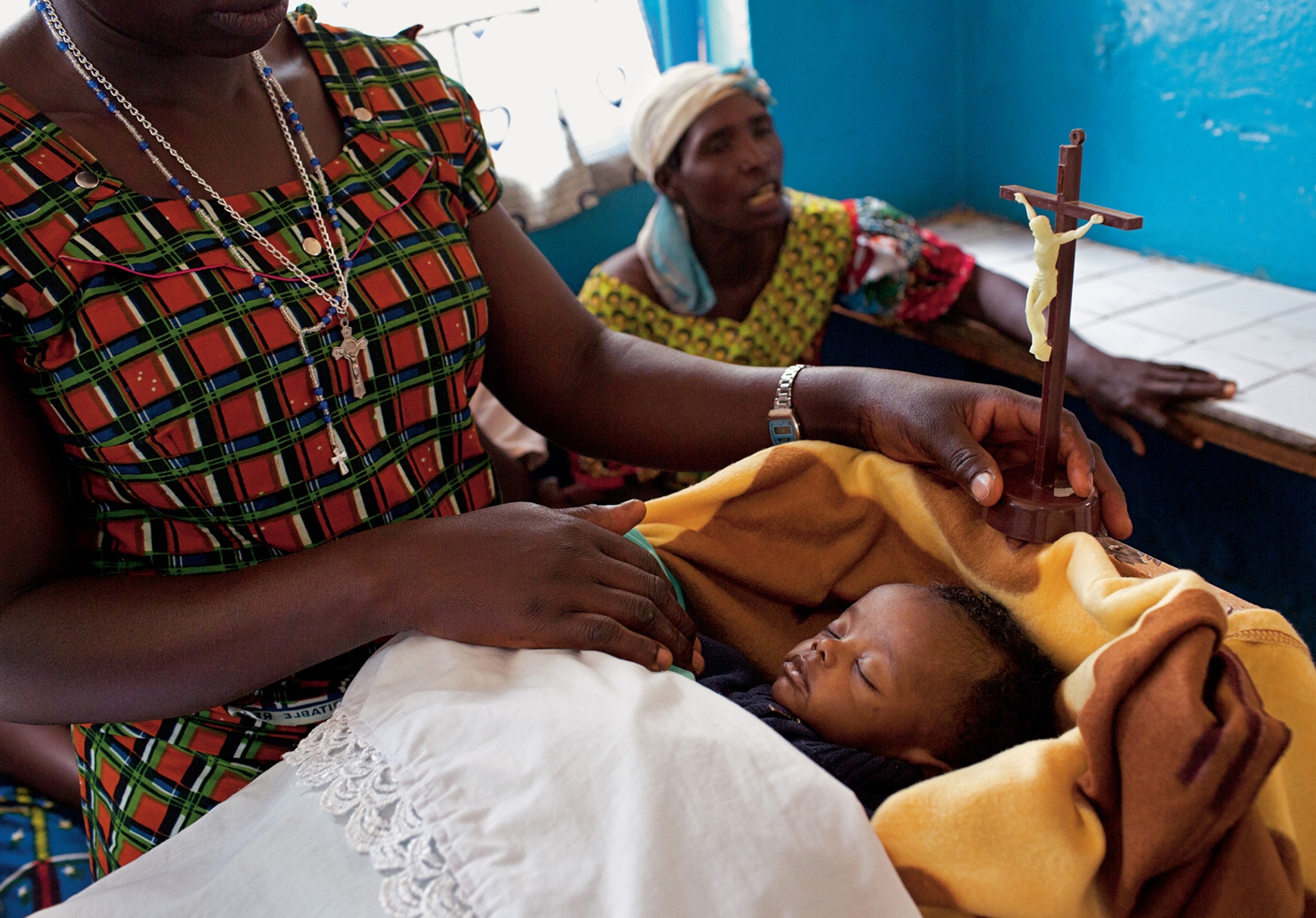
The Moment: The Price of Precious
The child's name is Innocent. To photographer Bleasdale, she symbolizes the tragedy of the Democratic Republic of the Congo.
Innocence Lost The child’s name is Innocent. To photographer Bleasdale, she symbolizes the tragedy of the Democratic Republic of the Congo. An orphan, she died of diarrhea, a treatable condition. And it’s not as if the DRC lacks resources. The country is rich in minerals, mined for use in electronic devices and fought over by armed groups. Miners often die on the job—that’s how Innocent lost her father. Bleasdale’s years of covering Congo have brought him to too many child funerals—and inspired him to raise money for the St. Kizito orphanage, where Innocent died. —Daniel Stone
Behind the Lens
Q: How dangerous is your work in the Congo?
A: There are always challenges working in a situation like that. It wasn’t Iraq or Afghanistan, but it was still a rebel war run by warlords. You get shot at by people who don’t know who you are or why you’re there. It can be challenging to get around and build trust. At one point, because we were outsiders, we were arrested by a group of rebels and were detained for a day.
Q: Why do you keep going back?
A: Congo is a place you see on the news once every two years. And yet more people have died there than in any conflict since World War II—five and a half million. More than 90 percent of those deaths come from malnutrition and lack of access to health care. That’s just insane. I get so angry that there’s no action from governments around the world. I’m dumbfounded that the international community doesn’t do more.
Q: Do you have hope?
A: I do. In 1991, at the end of the Cold War, there were only three free democracies in Africa. Now there are 25, of varying shades. Congo’s regime will become more of an exception than the norm.

